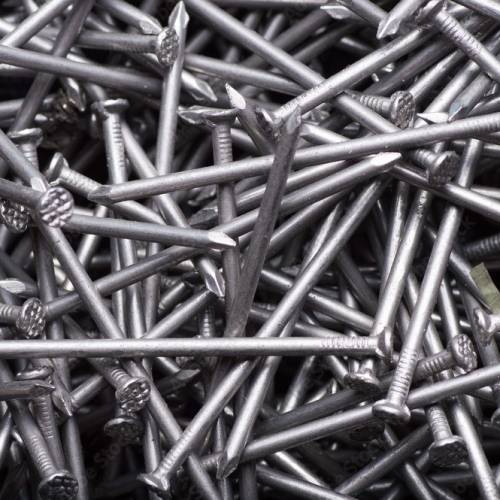Fasteners are often the unsung heroes of construction and carpentry, silently holding together the structures we live and work in. Despite advancements in technology and tools, traditional fastening materials are still in high demand. One such example is wire nails, a timeless solution still widely used by professionals across the world.
In this blog, we’ll explore the role of wire nails in construction, why they remain relevant, and how they compare to modern fasteners.
The Role of Fasteners in Construction
Every construction project—big or small—relies on fasteners. These tiny components keep everything in place, from wooden frames to metal sheets. The success and safety of a build often depend on choosing the right type of fastener.
Fasteners come in various shapes and sizes, including screws, bolts, rivets, and nails. Each one is designed for a specific use case and load-bearing requirement. Selecting the right fastener helps improve durability, reduce maintenance costs, and ensure long-term stability.
Understanding the Appeal of Traditional Fasteners
While high-tech fasteners have entered the market, traditional options like nails haven’t lost their appeal. They are still preferred in certain scenarios due to their simplicity and effectiveness.
For example, when speed and economy are a priority, nails outperform screws. They are quicker to install, cost-effective in bulk, and sufficient for many types of joinery.
Wire nails, in particular, offer an optimal balance between strength and ease of use. They are made by drawing steel wire into the desired shape and cutting it to size. These nails are known for their uniform thickness and sharp tips, which make them ideal for penetrating wood and other soft materials.
Ideal Use Cases for Basic Nails
While not every job requires specialty fasteners, many everyday applications are best handled with simple nails. Some common use cases include:
- Framing and structural carpentry
- Sub-floor installation
- Roofing underlayment attachment
- Pallet manufacturing
- Furniture assembly
In these scenarios, nails provide a reliable and long-lasting hold that doesn't loosen easily under vibration or time.
Comparing Nails and Screws
The debate between nails and screws has been ongoing for decades. While screws provide more holding power in tension, nails offer superior shear strength. This makes nails more suitable for structural applications where lateral force is a concern.
Another benefit of nails is their ability to flex slightly without snapping, which is particularly useful in areas prone to movement or expansion.
Installation time is another major factor. Nails can be applied faster, especially using pneumatic nail guns, making them more efficient for large-scale projects.
How Nail Design Has Evolved
Not all nails are created equal. Depending on the application, nails can be:
- Galvanized for corrosion resistance
- Coated with adhesive for extra grip
- Ring-shanked for improved holding power
- Cut or wire-drawn for consistency
Manufacturers continue to innovate to meet evolving construction needs. Today’s nails are stronger, more precise, and better suited for specific environments than ever before.

Environmental Considerations in Fastener Manufacturing
As sustainability becomes a priority in construction, manufacturers are working to reduce the environmental footprint of fasteners. Eco-friendly coatings, recyclable packaging, and more efficient production methods are helping make traditional fasteners like nails a greener option.
Choosing nails from reputable suppliers who prioritize sustainable practices is a small but impactful way to support the environment.
Why Simplicity Still Wins
In a world full of high-tech building materials, sometimes the simplest tools are the most effective. The continued use of wire nails in today’s construction world proves that innovation doesn't always mean reinvention—it can mean perfecting what's already proven to work.
These nails are readily available, affordable, and easy to apply, making them an essential component of any contractor's toolkit.
Final Thoughts
Fasteners may be small, but their impact on construction quality is massive. While there are many options available today, few match the balance of reliability, speed, and value offered by traditional nails. Whether you're framing a wall or assembling a piece of furniture, wire nails are still a top choice for professionals and DIYers alike.
Their legacy in the construction world is not just historical—it's practical and enduring.



Add Comment